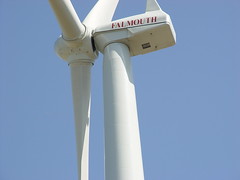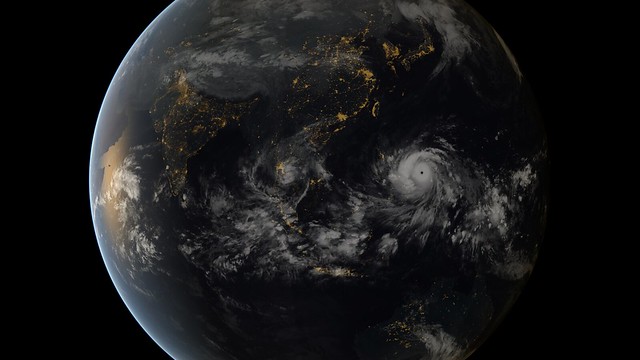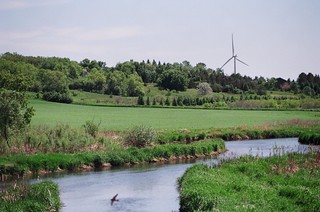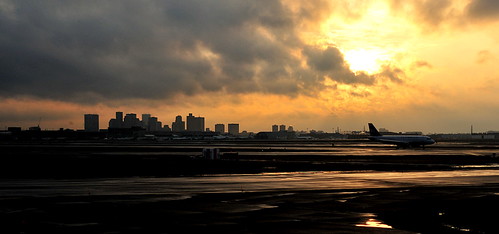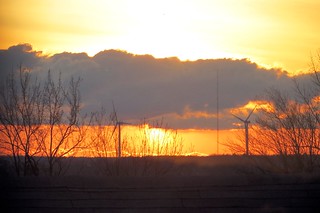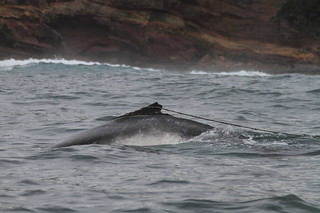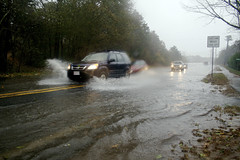 |
| The Green Miles & fiancee on top of Mt. Washington |
- Cod Fishermen Are Even More Screwed Than You Thought
- Massachusetts Voters Keep Rejecting Wind Turbine Restrictions
- What If Your Street Belonged To Kids On Saturdays?
- Worcester Official Unleashes Epic Clean Water Whine
- Dominion Sale Shows Old Coal Power Plants Are Nearly Worthless
Both my number of posts and overall traffic were at historic lows. Some major life events (getting engaged, preparing to become a first-time dad, buying a home) distracted me from my usual laser-like focus on important things like green deodorant. But it's not just me who's seeing traffic decline - as I wrote this year, it's getting hard out here for a free-range blogger.
So what's on tap for 2014?
- Will Obama say no to dirty energy? President Obama has shown signs of shaking his previous Yes Man persona by rolling out his climate action plan. But will his administration write strong industrial carbon pollution limits, or let big polluters off the hook? And will he say no to the Keystone XL tar sands pipeline?
- Can Congress do anything but cut on conservation? The December budget deal showed signs of promise by loosening the budgetary noose that Congress has put on programs that protect our wildlife, clean air and water and public lands.
- Immigration reform. It doesn't seem like a conservation issue at first glance. But poll after poll shows Latinos are strong supporters of clean air and water, including climate action. The possibility of millions of undocumented immigrants becoming American citizens and gaining voting rights would nudge the electorate even further towards climate action than it already is.
Thanks for reading and please keep in touch in the comments section, feedback looking back on 2013 or ahead to 2014 is always appreciated.






